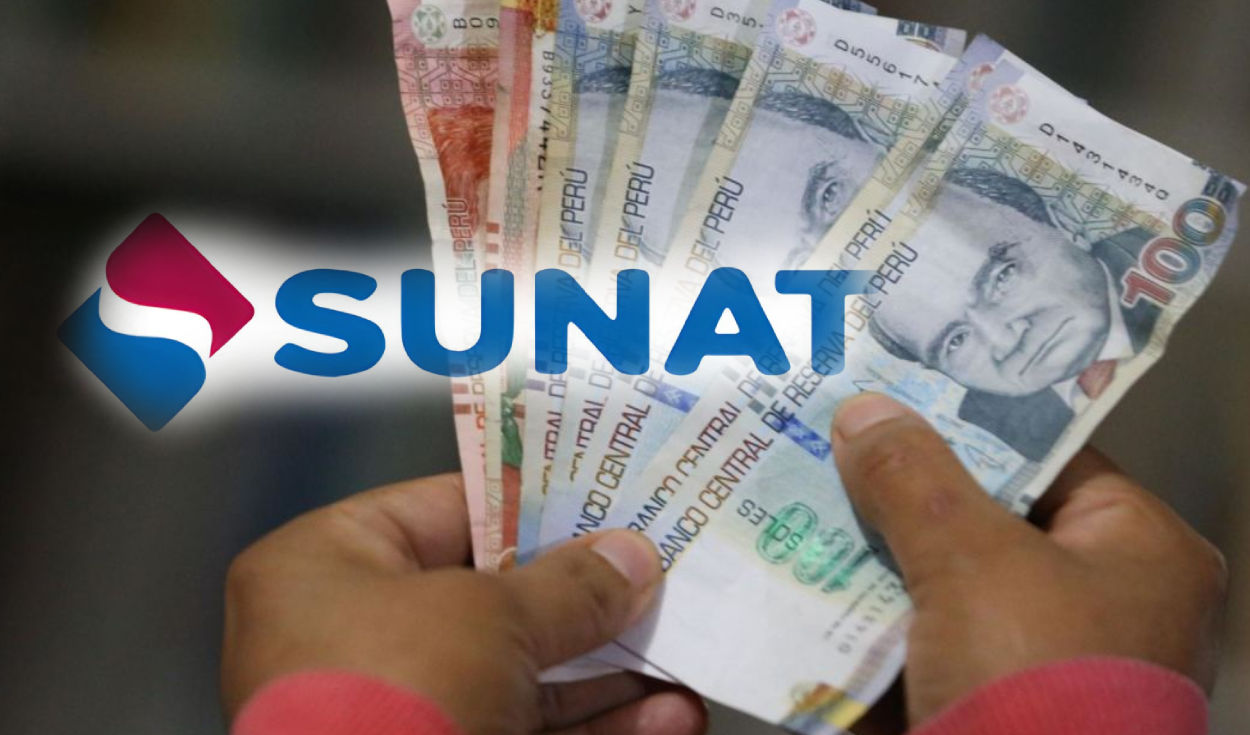
As of 2025, the National Superintendence of Customs and Tax Administration (Sunat) It has begun to implement a stricter monitoring about the income obtained abroad by Peruvian taxpayers. Through summons, the entity will ask those who have international accounts to provide detailed information about their income from abroad.
This action is backed by the automatic information exchange under the Common Reporting Standard standard (CRS) and the reports generated from the financial transactions tax (ITF). The purpose of the SUNAT is to detect and correct the omissions in the annual fiscal statements.
Who will be the subject of inspection by the SUNAT?
The selection of Taxpayers for inspection It does not follow a specific pattern, but the most common cases include those who have significant income from international sources, such as dividends, interest, capital gains and other benefits obtained by investments outside the country.
Sofía Chirinos, lawyer of Editorial Economy and Finance (EEF)clarifies that not all income that appears in the citation schemes are necessarily subject to income tax (IR). “Each case must be analyzed individually, since there are international regulations and agreements that exone certain income,” he said.
For example, the income from countries with which Peru has agreements to avoid double taxation or those established by the Decision 578 of the Andean Community They can be exempt. “The interests generated by bonds in countries like Colombia are not taxed in Peru thanks to this decision,” Chirinos said.
In certain cases, errors in the calculations or duplication of the amounts reported may be presented, so it is crucial that the taxpayers verify the exchange rate applied by the SUNAT when converting their income to soles.
What steps follow if SUNAT detects unplaced income?
The discrepancy between the data provided by the taxpayer and those obtained by the SUNAT through financial entities International is what generates the classification of income not reported as “omission of income from income from foreign source”. This occurs when SUNAT identifies income that should have been subject to taxes, but have not been reported.
However, Chirinos emphasizes that not all discrepancies between the data are automatically treated as tax omissions. “The taxpayer must demonstrate that the income is not taxed or, if appropriate, rectify his statement to avoid sanctions,” Chirinos added.
If the taxpayer does not present the requested information, he can face a sanction equivalent to 0.3% of your net income of the fiscal year, in addition to other penalties for the unst declared taxes. However, there is the possibility of requesting an extension to deliver the required documentation, especially if the data comes from international banking institutions.
Source: Larepublica
Alia is a professional author and journalist, working at 247 news agency. She writes on various topics from economy news to general interest pieces, providing readers with relevant and informative content. With years of experience, she brings a unique perspective and in-depth analysis to her work.












